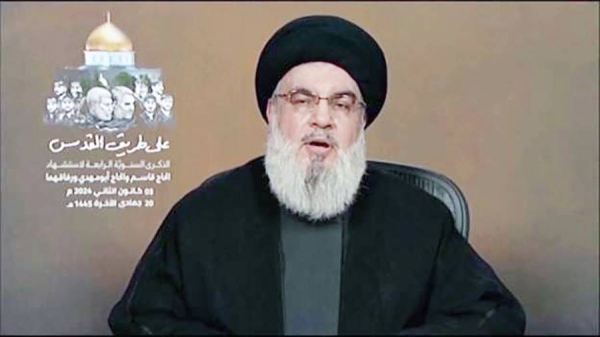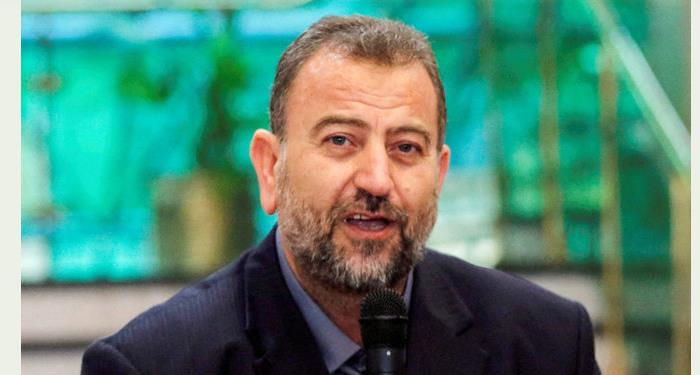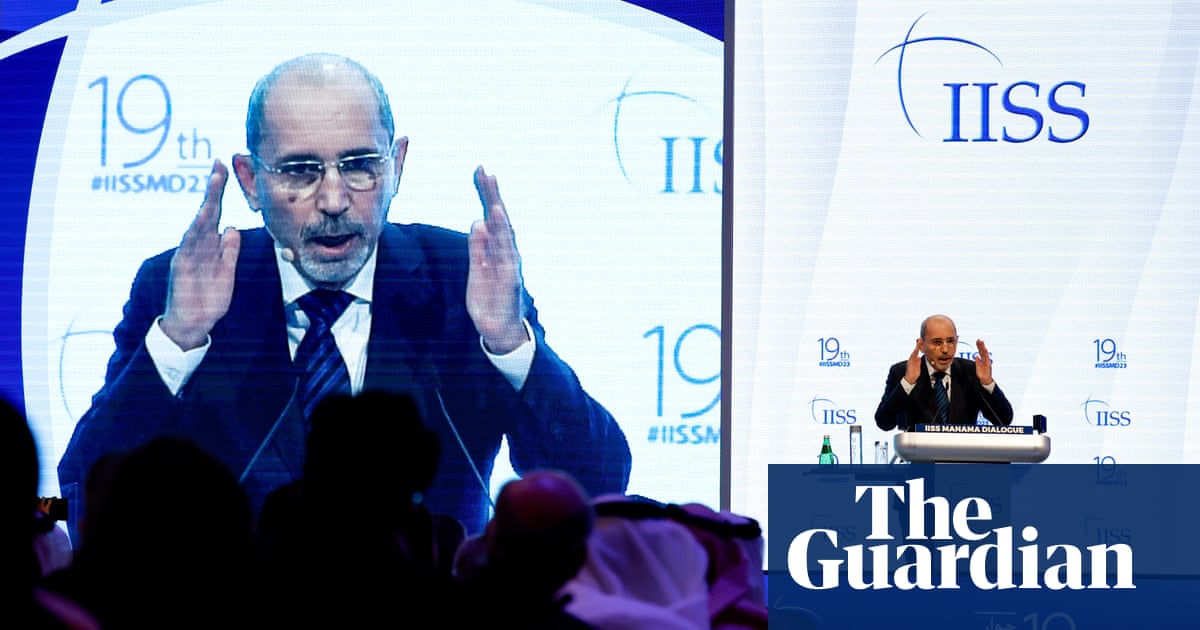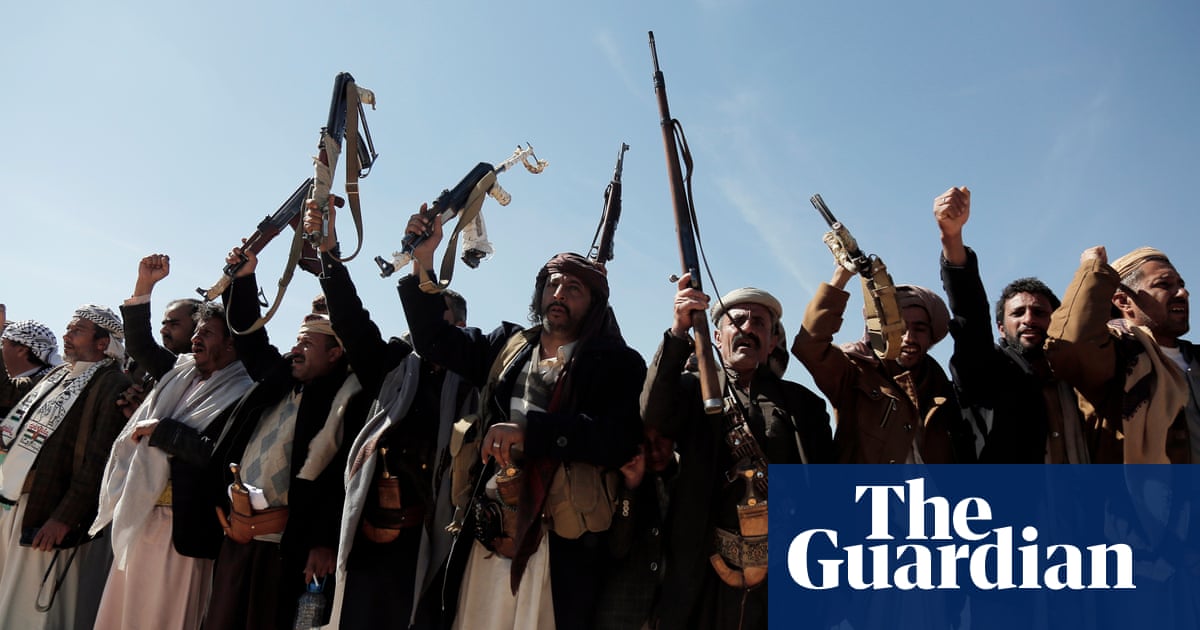
BEIRUT — The leader of the Lebanese militia Hezbollah Hassan Nasrallah, in his speech Wednesday, described Tuesday"s killing of Hamas deputy chief Saleh Al-Arouri here as "dangerous".
He described Al-Arouri as "a great leader" and said he was killed in an act of "blatant Israeli aggression".
He also said if there was an attempt by Israel to wage a war against Lebanon, the country"s "battle will be boundless, without rules"
"We are not afraid of war. Those who think of going to war with us will regret it. War with us will come at a very high cost."
He also added that if Israel wages war on Lebanon "there will be no ceilings, no rules" to Hezbollah"s fighting.
He said: "It"s the first time something like this has happened since 2006" — when there was war between Hezbollah and Israel.
Nasrallah addressed the Israeli defense minister saying he will "not be able to achieve their goals of the war", while adding: "Yesterday"s crime will not go unpunished."
He claimed Hezbollah"s "quick" action on Oct. 8 and the cross-border shelling had prevented a broader bombing campaign by Israel of Lebanon
Nasrallah praised Yemen"s Iran-backed Houthi movement for their actions in targeting ships in the Red Sea
Hezbollah is a Shia Muslim organization which is politically influential and in control of the most powerful armed force in Lebanon.
It was established in the early 1980s by the region"s most dominant Shia power, Iran, to oppose Israel.
At the time, Israel"s forces had occupied southern Lebanon, during the country"s civil war.
Hezbollah has participated in national elections since 1992 and has become a major political presence. Its armed wing has carried out deadly attacks on Israeli and US forces in Lebanon.
When Israel withdrew from Lebanon in 2000, Hezbollah took credit for pushing them out.
Since then, Hezbollah has maintained thousands of fighters and a huge missile arsenal in southern Lebanon.
It continues to oppose Israel"s presence in disputed border areas.
It is designated a terrorist organization by Western states, Israel, Arab countries and the Arab League.
In 2006, a full-blown war broke out between Hezbollah and Israel, triggered when Hezbollah carried out a deadly cross-border raid.
Israeli troops invaded southern Lebanon to try to eliminate the threat from Hezbollah.
However, it survived and has since increased its number of fighters and obtained new and better weapons.
The Israeli military, meanwhile, said it is "defending its borders" from a number of missiles launched from Lebanon, in response to a series cross-border attacks carried out by Hezbollah.
No injuries in Israel were reported, the Israel Defense Forces (IDF) said, adding that artillery has responded to the source of the attacks across the border.
Fighter jets also targeted what the IDF described as "Hezbollah terror targets" in Lebanon including a military compound, infrastructure and a "terrorist squad". — BBC











